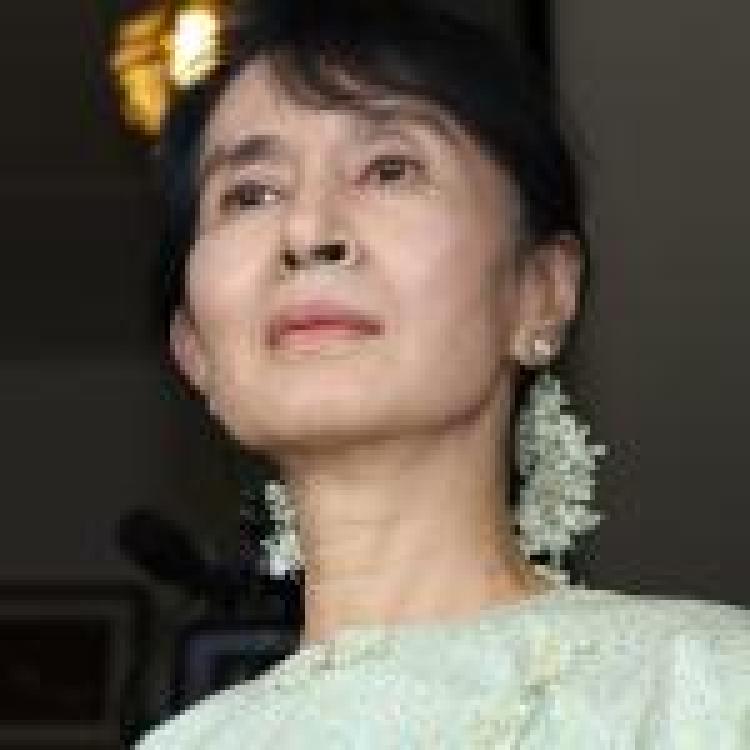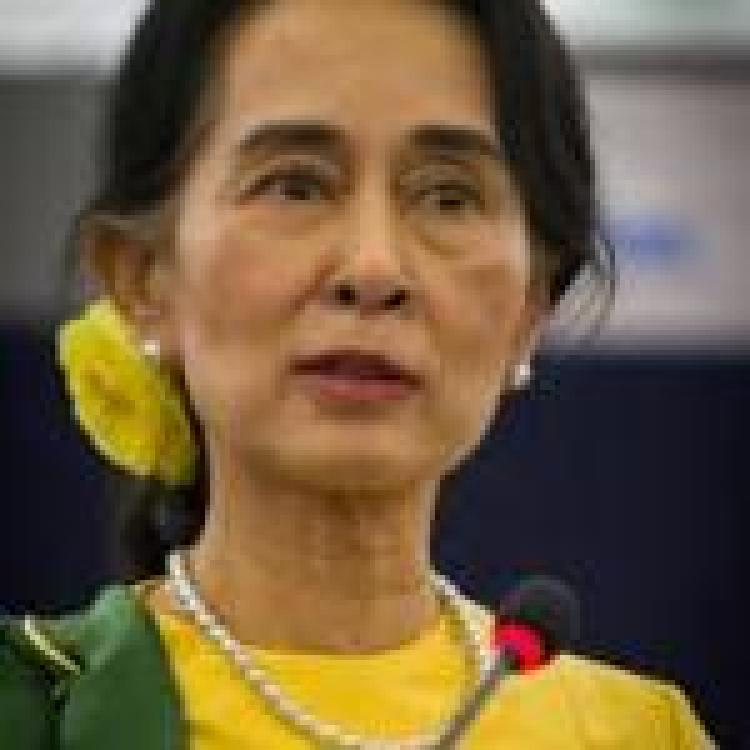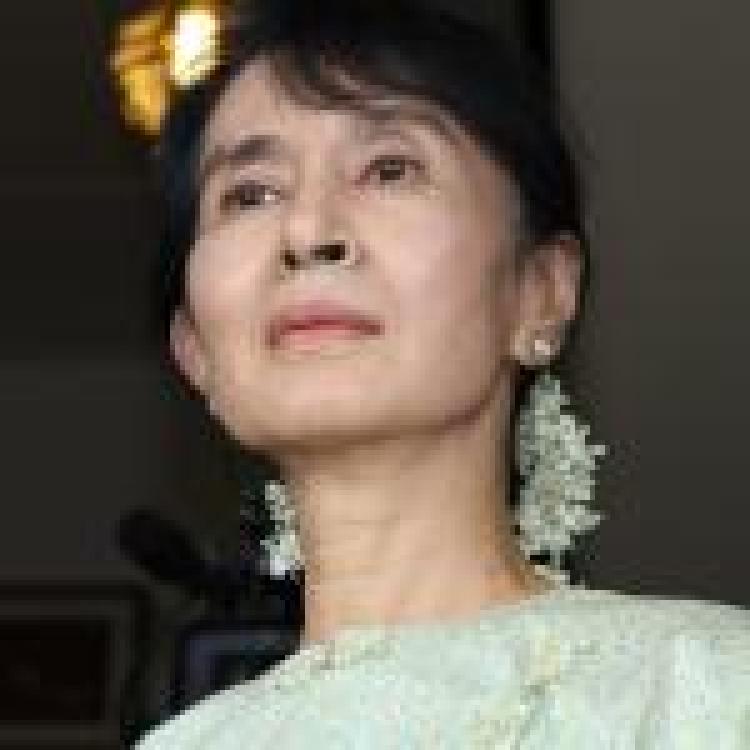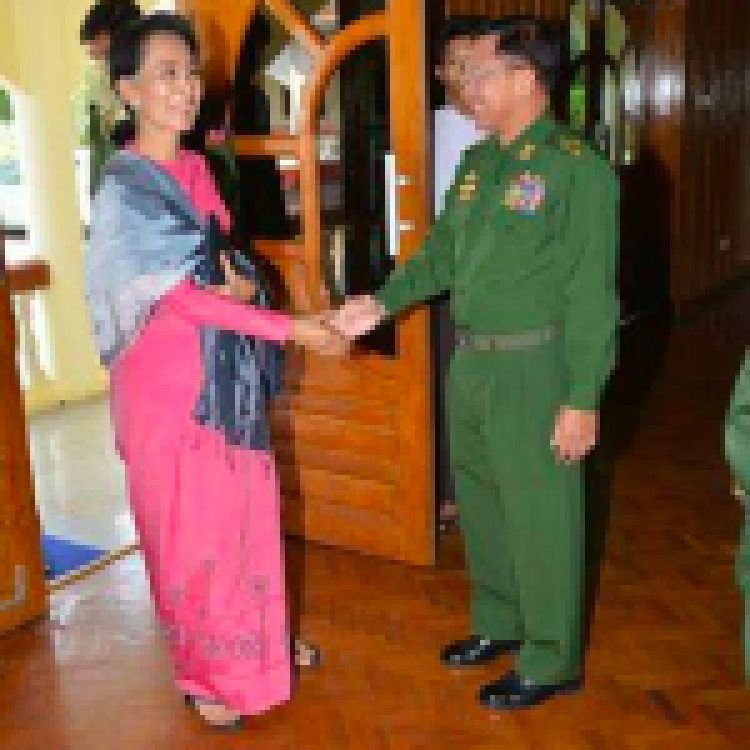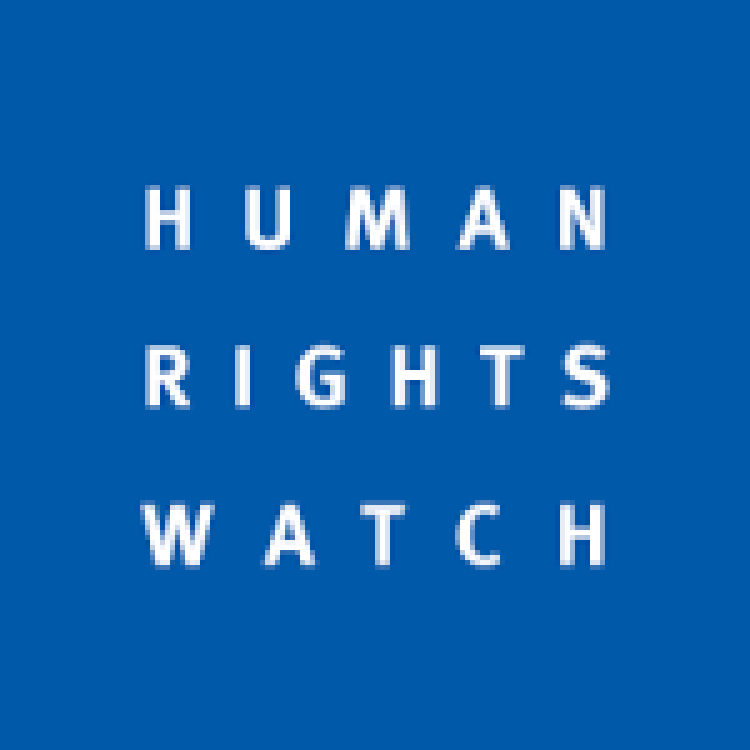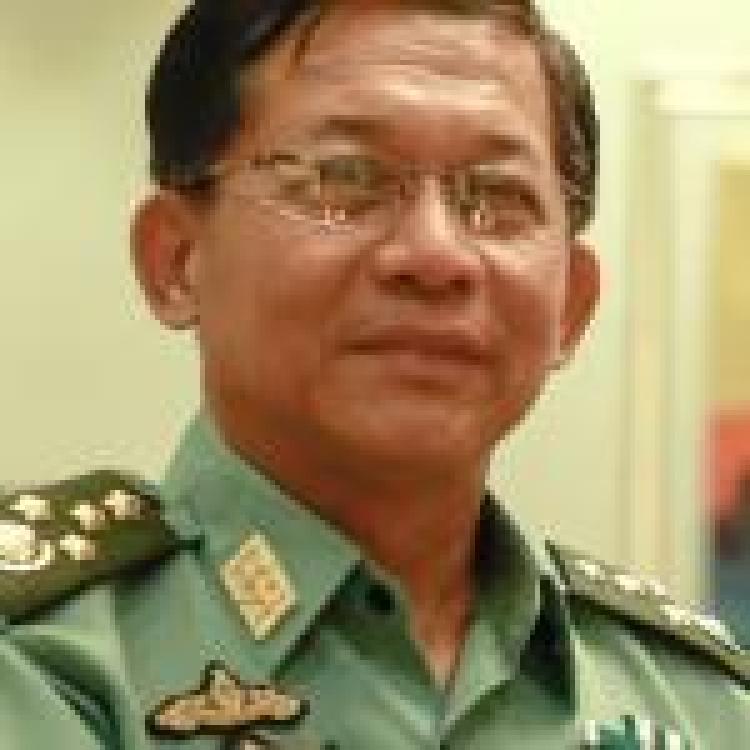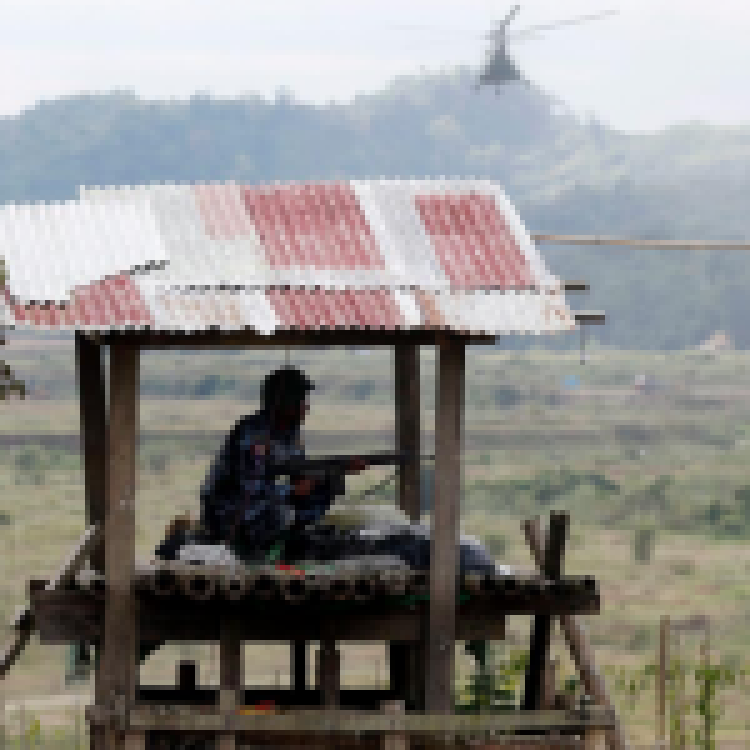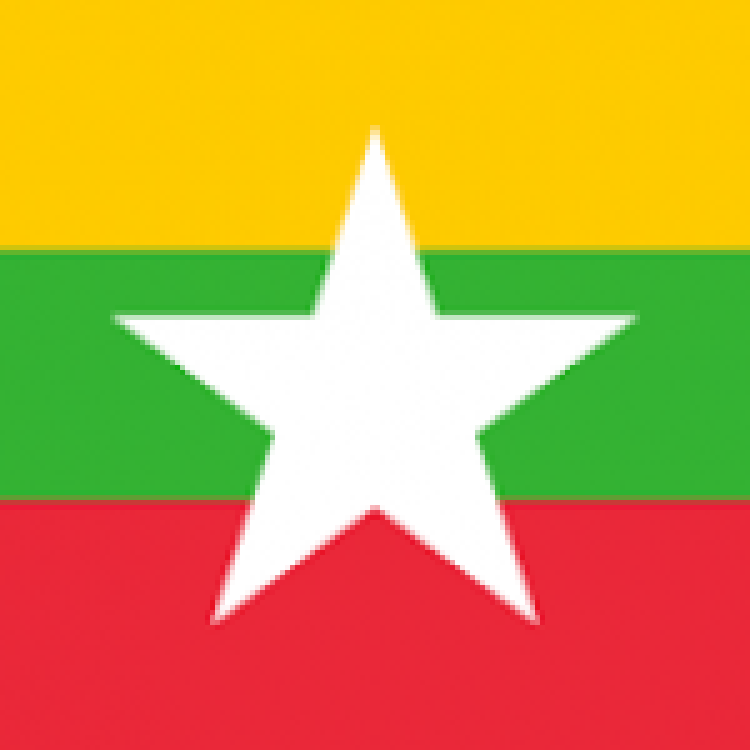.jpg)
Speaking to the UN Human Rights Council (UNHRC) today, a UK delegate, representing the British government called on Myanmar to cooperate with the UN Special Rapporteur; end the internet blackout in the Rakhine and Chin states; as well as, “reform laws to ensure they are not used to limit freedom of expression”.
The internet blackouts in the provinces of Kyauktaw, Minbya, Mrauk-U, and Ponnagyun are among the longest in global history and have been widely condemned by human rights groups. They began in June 2019, in response to the brutal suppression of the Arakan Army, Rakhine separatists, by the majority Buddhist Myanmar military.
Read more here: Over 20 NGOs call to lift internet restriction in Rakhine and Chin States
The UK’s statement reflected widely held concerns over human rights abuses directed at ethnic groups in Myanmar including the Rohingya, Rakhine, Shan and Kachin. The delegate further stated;
The internet blackout “obstructs reporting of human rights violations and abuses, and adversely affects the lives of Rohingya, Rakhine and other communities”.
The delegate also maintained;
“Any restrictions on freedom of expression must be legal, legitimate, necessary and proportionate, with transparency for those affected”.
The UK also called for the release of three imprisoned members of the Peacock generation, a group of satirical poets. Seven members of the group were arrested in April and May 2019, following their performance of Thangyat, a traditional art performance which mirrors slam poetry. In this performance, they wore military uniform and criticised the military. In February three members were arrested and sentenced to six months imprisonment for “online defamation” under the 2013 Telecommunications Act for posting photos and videos and live streaming performances on Facebook.
The UK has called into question the use of the Telecommunications Law, as well as “the Law Protecting the Privacy and Security of Citizens, the Peaceful Assembly and Peaceful Procession Law and the Unlawful Associations Act” which seem to restrict free speech and stifle criticism of authorities.
The FCO delegate furthered the calls for Myanmar to cooperate with the UN mandate.
Read more from the UK Government statement and Amnesty International.

